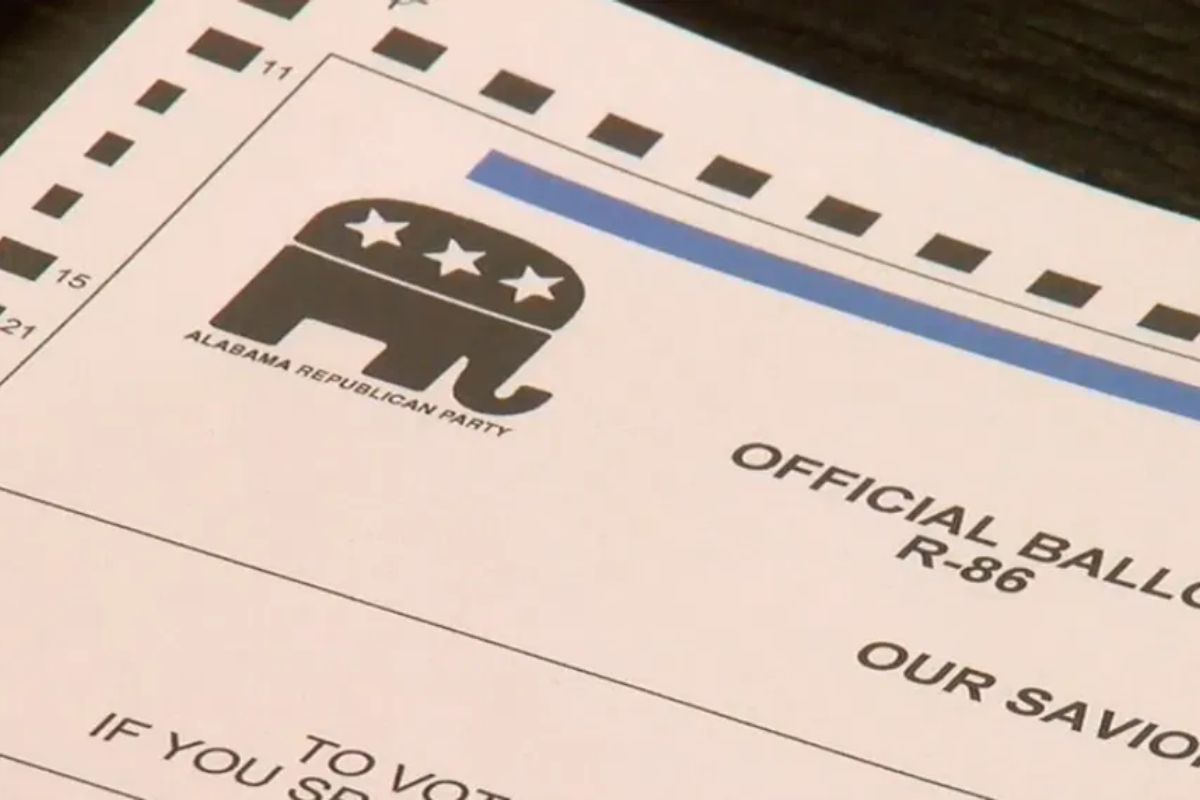Lawmakers Consider Post-Election Audits: MOBILE, Ala. In considering post-election audits, Alabama lawmakers are addressing the push for enhanced transparency and accountability in the electoral system. The proposed legislation sparks debate on the balance between election integrity and practicality. Some concerns are raised about resource strains.
The focus shifts to scrutinizing ballot counters, with Rep. Debbie Woods suggesting manual tallying of selected votes to bolster the process’s integrity. Probate judges exhibit differing views on audit methods, with some advocating for machine counting and others preferring traditional manual methods. Finding common ground amid this division is vital for the future of post-election audits.
Controversy Surrounds Proposed Legislation on Post-Election Audits
The proposed legislation requiring probate judges to conduct post-election audits after every county and statewide general election has sparked controversy among lawmakers and election officials in Montgomery. While supporters argue that these audits would provide an additional layer of transparency and accountability to the election process, opponents like Mobile County Probate Judge Don Davis believe it’s unnecessary. Davis points to the existing detailed procedures already in place on election day, suggesting that adding post-election audits could be redundant and burdensome for probate judges.
The debate revolves around the balance between ensuring election integrity and the practicality of implementing additional audit requirements. Some lawmakers express concerns about the potential strain on resources and time that these audits could impose on probate judges, who already have a myriad of responsibilities during elections. Others argue that the audits could help detect any irregularities or discrepancies in the ballot counting process, ultimately enhancing public trust in the election results. This controversy highlights the complexity of legislative decisions aimed at safeguarding the electoral process.
“Ballot Counters Under Scrutiny in Proposed Legislation”
In the proposed legislation concerning post-election audits, particular attention is being directed towards scrutinizing the use of ballot counters. Rep. Debbie Woods is pushing for measures that would require probate judges to randomly select a precinct and a race not subject to recount or contest. These selected ballots would then undergo manual tallying or be processed through a different ballot counter than the one used during the election.
This proposal aims to enhance the integrity of the election process by ensuring that the ballot counters are accurate and reliable. However, some, like Davis, question the necessity of these additional measures, citing the rigorous testing that voting machines undergo before each election. The debate surrounding the use of ballot counters reflects the ongoing efforts to improve the transparency and trustworthiness of the election system in Alabama.
As discussions continue, finding a balance between thorough scrutiny and importance will be pivotal in shaping the final legislation on post-election audits.
“Probate Judges Divided on Post-Election Audit Methods”
Probate judges in the discussion on post-election audit methods display a clear division in their approaches. Houston County Probate Judge Patrick Davenport, involved in the pilot program, raises concerns about the manpower costs linked to manual ballot counting. Davenport advocates for utilizing machines to count ballots during post-election audits, stressing the need to uphold public trust in the electoral system.
On the other hand, some probate judges may favor traditional manual counting methods, citing a preference for hands-on verification processes to guarantee accuracy. This division underscores the varying perspectives within the judiciary regarding the most effective approach to conducting post-election audits.
As discussions progress, finding common ground between these differing viewpoints will be critical in determining the best method moving forward. Ultimately, the goal remains the same: to enhance transparency, accountability, and confidence in the election process through thorough and reliable audit procedures.
News in Brief
Alabama lawmakers consider post-election audits, sparking debate on transparency and accountability. Proposed legislation divides opinion among officials in Montgomery, with concerns raised over resource strains. Rep. Debbie Woods suggests manual tallying for selected votes, while probate judges are divided on audit methods. Some advocate for machine counting, others prefer manual processes. Finding common ground is crucial amid this controversy to ensure the integrity of post-election audits and bolster public trust in the electoral system.
ALSO READ: Alabama Infant Mortality Drops, Yet Lags Behind National Norm

